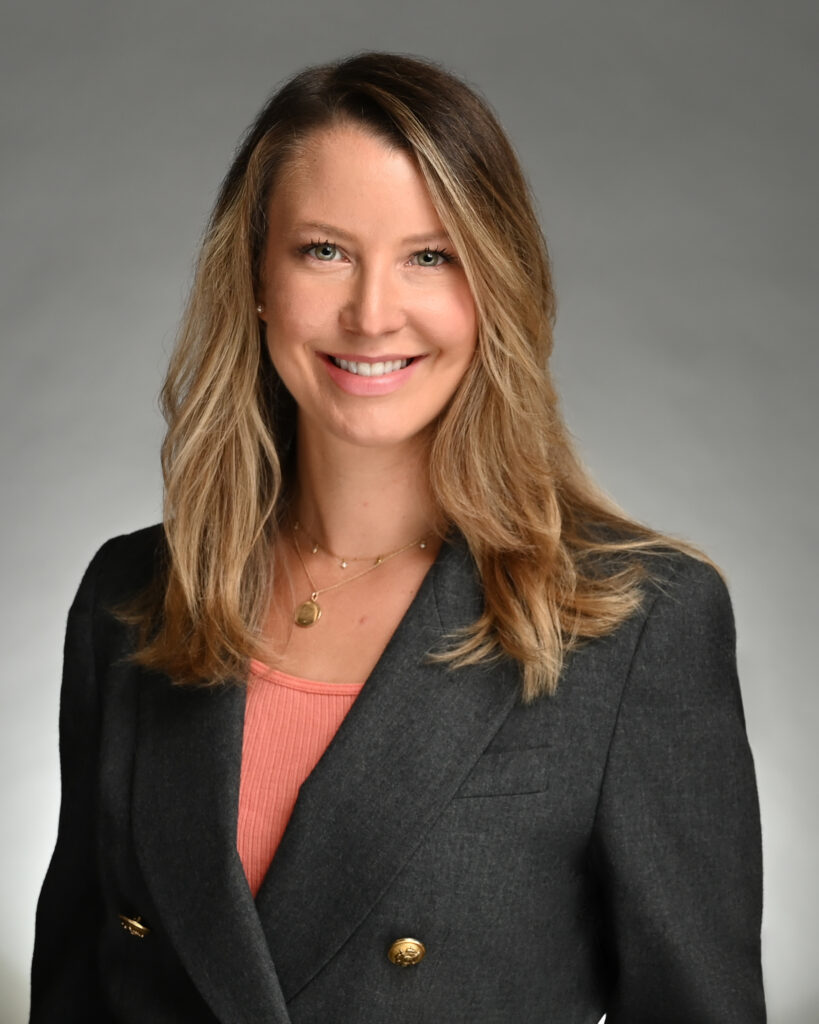
Empowering patients to learn more about PCOS and hair growth
Irregular periods and infertility are two of the most well-known symptoms of polycystic ovary syndrome (PCOS). However, they are far from the only issues this condition can cause. One of the most distressing symptoms is related to the link between PCOS and hair growth. The condition can cause hirsutism, which is abnormal hair growth on the face and body. Our Austin PCOS experts often see how this hair growth can affect patients, so we offer education and support at our practice.
PCOS
Researchers have found that hormonal imbalances are responsible for hirsutism
One of the drivers of PCOS is elevated androgens, which include hormones like testosterone. Excessive androgens can cause many undesirable symptoms, including hirsutism. Patients with this issue experience abnormal dark hair growth that is most common on the face, chest or belly.
Our Austin PCOS experts can use the Ferriman-Gallwey score to assess hirsutism. This assessment grades hair growth in nine areas of the body on a scale from zero to four.
Historically, a total score of eight or higher was considered abnormal. However, the 2023 international PCOS guidelines recommend using a score of four to six. It’s also important to take ethnicity into account. A score of six may be normal for a patient of Middle Eastern heritage, while it would be abnormal for a Caucasian or African American patient.
What can I do about PCOS and hair growth?
Fortunately, patients with PCOS have many treatment options available to help with hirsutism. Lifestyle modifications that address the underlying cause of the condition can help lower androgens, which can also reduce symptoms like hirsutism.
Our Austin PCOS experts also tell patients that medications can help with the link between PCOS and hair growth.
Combined oral contraceptives (COCs) decrease luteinizing hormone (LH) levels, which reduce androgen production in the ovaries. The estrogen component of these pills also increases sex hormone-binding globulin (SHBG). This hormone binds androgens, leading to decreased free (active) androgens. The progestin component can also have anti-androgen effects by blocking the androgen receptors. Drospirenone in particular is a progestin found in COCs that can be very helpful in treating hirsutism and other related symptoms of PCOS.
Other medications specifically target androgen activity. Spironolactone is the most commonly used anti-androgen. This highly effective medication blocks specific hormone receptors to decrease androgen activity. Flutamide and finasteride are other examples of this class of medication. It is important to use effective contraception while taking these medications as they can be dangerous to a developing fetus.
Cosmetic therapies, including laser hair removal, shaving, waxing and depilatories, can also be helpful when faced with PCOS and hair growth. Additionally, eflornithine is a topical prescription that blocks one of the enzymes involved in hair growth. Patients can add this medication to increase the effectiveness of these hair removal methods.
If you want to learn more about the treatment options for hirsutism and other symptoms of polycystic ovary syndrome, contact us. We can help you feel like the healthiest and most confident version of yourself.













